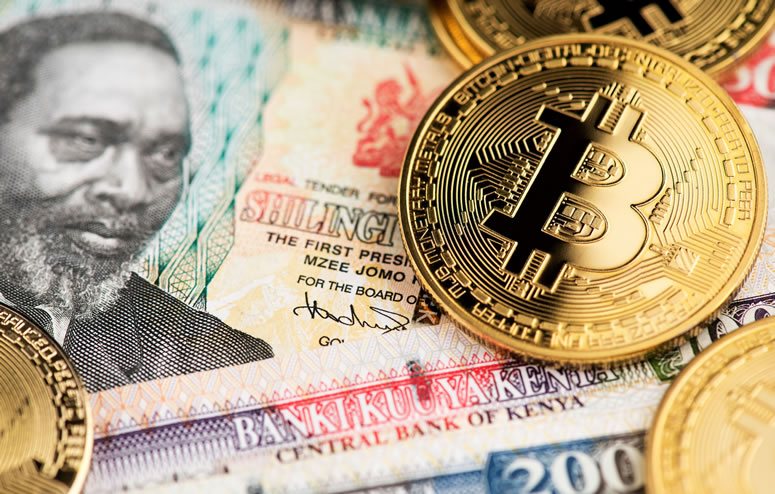Africans Invest In Crypto To Escape Inflation Or Corruption
Chris Maurice, Founder and CEO of the crypto exchange Yellow Card, said that in Africa, crypto is not a "shop" it can sometimes seem like in the West.

While many Western investors are turning to crypto to speculate on the next big trend, blockchain technology is solving "real world problems" in Africa, such as hyperinflation and "corruption hands", say the leaders at Crypto Buy-Side. Speaking to Crypto Buy-Side, Chris Maurice, the founder and CEO of Yellow Card - Africa's largest cryptocurrency exchange - said that crypto in Africa is "growing like fire" as it helps many Africans escape failure. of traditional financial systems and interact freely.
“ Crypto solves real-world problems in banking and finance on the continent, and it's not a casino you can sometimes like in the West. Mauritius said the most common cases in Africa were paying international debts, sending money to friends and family and "support against inflation. Crypto in Africa lives closer than any other part of the world to the first goal of the technology. ”
Africa has more crypto users than North America or Europe.
— Chris Maurice⚜️ (@chrismaurice) April 24, 2023
6 of the top 20 countries in the world for crypto are in Africa.
Africa is the crypto continent. https://t.co/NzodcOkMYn
Kevin Imani, the founder and CEO of Sankore 2.0 - a subsidiary of the Layer 1 Near Protocol - thinks that payments based on the blockchain can work as human rights technology:
“ It is important to recognize the human rights protection it provides to people in underdeveloped countries. In many developing countries, high inflation and corruption have left citizens with few options. Cryptocurrencies give these people a livelihood, provide a great investment and control over their money. ”
According to Statistica, the growth rate in Sub-Saharan Africa will reach approximately 14.5% in 2022, marking the largest annual change in the region since the 2008 recession.
Imani said that "the ability to prevent weak national currencies and corruption" and to increase investment makes peer-to-peer crypto transactions unaffordable for many Africans.
From Lagos to Nairobi, Accra to Cape Town, Africa is emerging as a powerhouse of tech innovation.
— NEAR Kenya | NEAR is Now (@NearKenya) June 19, 2023
Watch this space! #BlockchaininAfrica pic.twitter.com/LYGZCQ0u9Z
"I personally see Crypto as another opportunity for Africa, another opportunity to be part of something big, as opposed to the Internet revolution of the year 2000 when many Africans did not make it as visible as they are today" added Okoye Kevin Chibuoyim, the founder and CEO of Nigeria-based crypto education platform GIDA.
“ Africans are used to corrupt governments that are not accountable and transparent, but here blockchain shows its transparent nature and makes everyone trust the system. ”
In April, Block - the American digital payment company led by Jack Dorsey - teamed up with Yellow Card to facilitate cross-border payments in Africa based on Block infrastructure.
As the number of cryptocurrency users increased by 2,500% in 2021, the sector had an eleven-fold increase in investment in 2022. Maurice said Nigerians have embraced cryptocurrency "like no other" in the region - and a local newspaper in May reported that 47% of Nigerians own or interact with crypto on a daily basis.
While Mauritius said that Botswana has "the most legal and regulatory clarity", cryptocurrency will now be illegal in Cameroon, Central African Republic, Gabon, Guyana, Lesotho, Libya and Zimbabwe, according to Investopedia.





